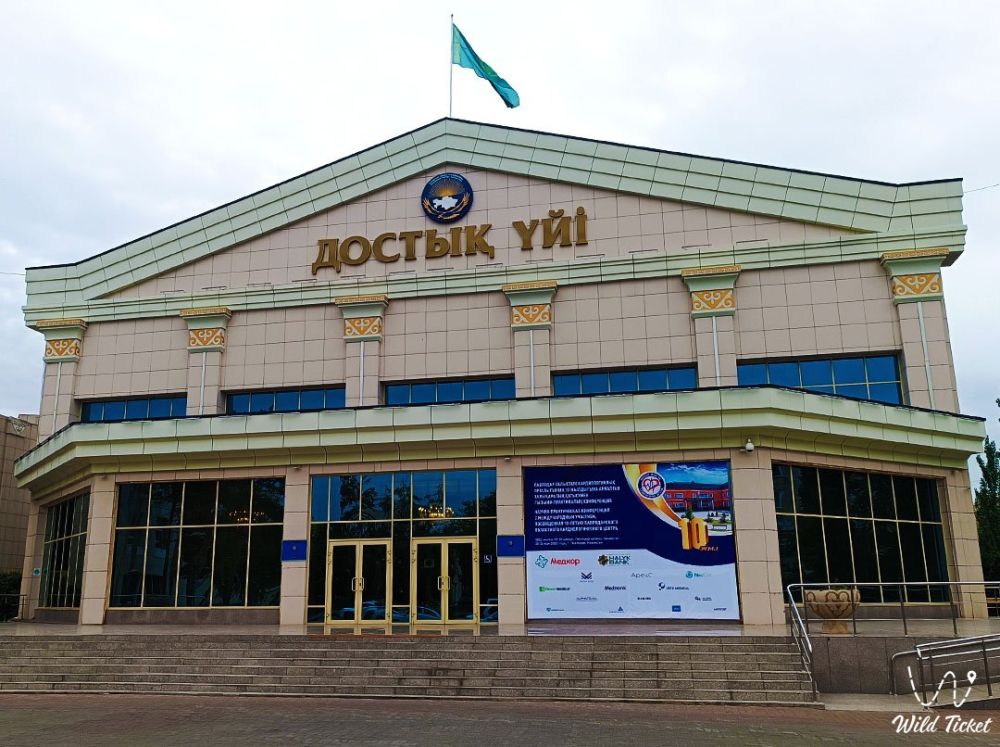

Located in the northeastern region of Kazakhstan, within the city of Pavlodar, the House of Friendship stands as a testament to the country's dedication to cultural diversity and interethnic accord. Kazakhstan's history is richly interwoven with the narratives of over 130 ethnic groups, making it a tapestry of cultural pluralism. The House of Friendship in Pavlodar is one of the several such establishments across the country, designed to foster mutual respect, understanding, and cooperation among various ethnic communities.
The concept of a House of Friendship was born in the late 20th century, during the Soviet era, when it became apparent that cultural hubs were needed to preserve the unique traditions and languages of the numerous ethnic groups within the Soviet republics. After gaining independence in 1991, Kazakhstan placed a greater emphasis on these houses as part of its national policy to ensure harmony and peace among its diverse population.
While initially not intended for tourism, with time, the Houses of Friendship across Kazakhstan have become points of interest for those intrigued by the nation's commitment to multiculturalism. They offer visitors an insight into the local culture and a chance to engage with traditions from across Kazakhstan's broad ethnic spectrum. It's a place where tourists can witness folk performances, art exhibitions, and various cultural events representing the richness of the Kazakh cultural mosaic.
The latest trend in tourism concerning the House of Friendship in Pavlodar capitalizes on the global movement towards cultural and experiential travel. Many visitors are seeking meaningful experiences and opportunities for cultural immersion. Events such as language workshops, cooking classes featuring traditional Kazakh cuisine, and celebrations like Nauryz Meyrami (the Persian New Year) have become increasingly popular with international visitors, further cementing the House of Friendship's role in the local tourism sector.
In recent years, the Kazakh government has taken steps to modernize its tourism infrastructure, with digital advancements making information about places like the House of Friendship more accessible to a wide audience. The introduction of e-visas and improved transportation networks have also contributed to an increase in tourism in Pavlodar and the surrounding areas.
Looking to the future, the House of Friendship is expected to remain an integral part of Kazakhstan's tourism industry. With its role in promoting cultural exchange and understanding, this unique institution will continue to attract those keen to explore the intangible elements of Kazakh hospitality and heritage, contributing to the broader narrative of Kazakhstan's evolving tourism landscape.